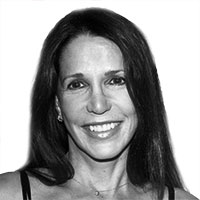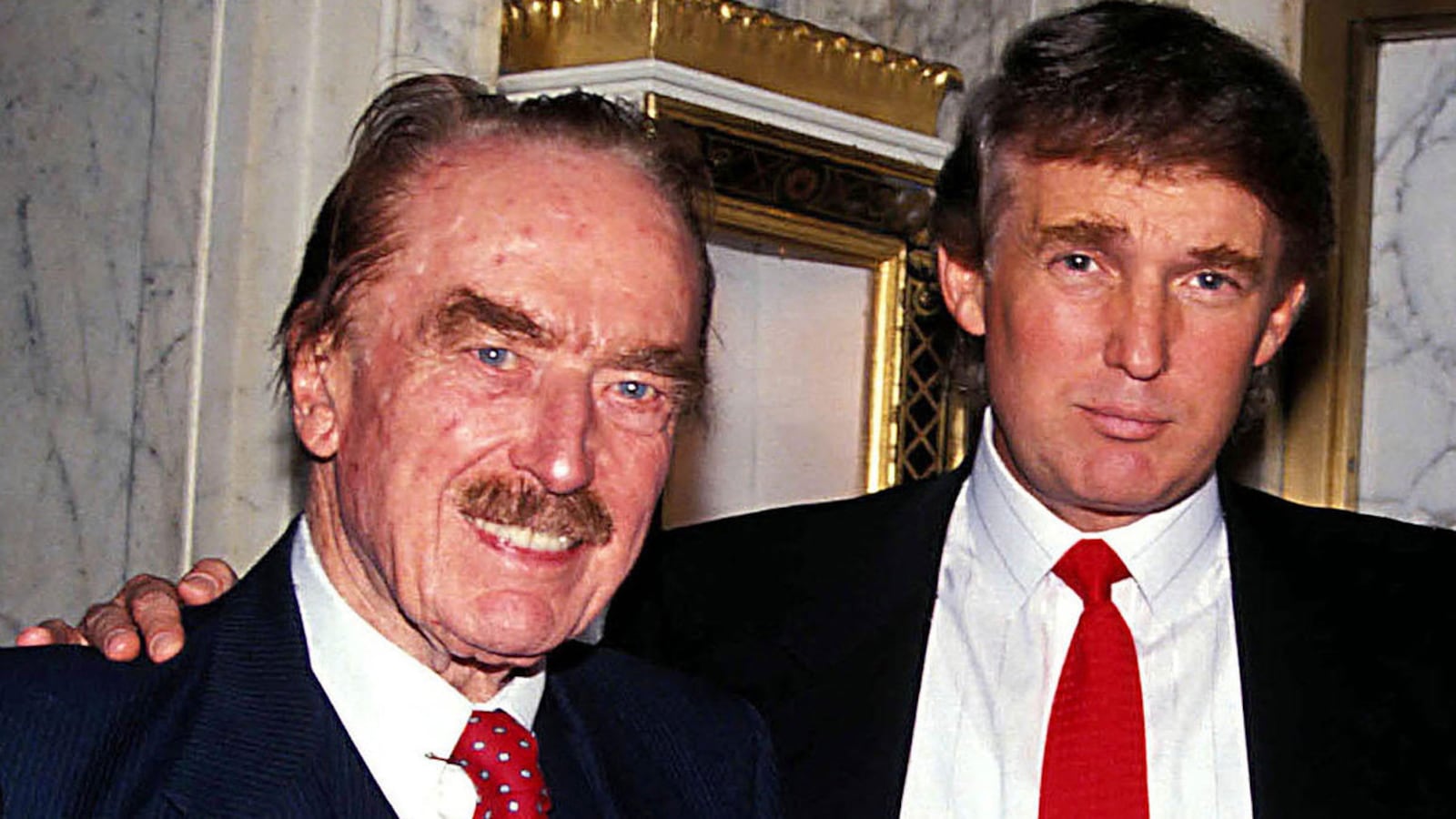There was a small moment at my father’s memorial service in Washington D.C. inside the National Cathedral, just after George H.W. Bush delivered his eulogy, a moment that slipped under my skin and stayed with me. The first President Bush had delivered an achingly heartfelt eulogy, bringing many of us to tears, and had also injected humor that sent ripples of laughter through the cathedral. The next speaker was his son, President George W. Bush. As the president strode down the aisle, he and his father passed each other without either man acknowledging the other. Not a hand extended to brush an arm, not a nod; their eyes didn’t even meet. I thought, “Yep, that father-son relationship is a complicated one.”
The former President Bush had given a brilliant eulogy, rife with his personal memories of my father. His son had to know that no matter how good his eulogy was, it would pale in comparison. But there was more to that moment than speeches at a memorial service. There was a lifetime of history—a son’s longing for his father’s approval, fear that he wouldn’t measure up, the wrestling match with a shadow that seems to grow exponentially in ways that can’t be predicted. It’s well known that one of George W.’s stated reasons for invading Iraq was that Saddam Hussein had, in Bush’s words, “tried to kill my dad.” On the world stage, something as intimate as the entanglements between a father and son can be the impetus for a war.
Men in powerful positions are still sons who looked to their fathers for approval, for clues to what being a man is all about. Bill Clinton’s father died three months before he was born, leaving his son with questions about what might have been. Jimmy Carter has written about longing for his father’s approval, and about the time his father whipped him for taking a penny out of the collection plate at church. My father was the son of an alcoholic, whose drinking binges often left the family without money to pay bills. I have long felt that to understand Ronald Reagan, you have to understand that everything he was and did bounced off the fact that he was the child of an alcoholic. When he became a successful actor, he hired his father to answer his fan mail, wanting to give his father something to occupy himself with so that hopefully he wouldn’t drink. It worked for a while, until it didn’t.
Donald Trump’s father was a study in cruelty and tyranny, producing a son who, in order to get paternal approval, or even be noticed, had to be at least as cruel. Fred Trump still pulls on his son from beyond the grave, still hovers over him, whispering to him that emotions and empathy are shameful signs of weakness. None of us should underestimate the force of that relationship. Fred Trump may be gone, but his son still feels the sting of his rebuke, is still roiled by a desperate desire to have his father like him more than anyone else. He is still the kid at the dinner table trying to get daddy to like him best.
If our democracy goes down in flames, and there is no guarantee that it won’t, it will be at the hands of a boy who learned early on to be the meanest kid in the neighborhood, to pull the wings off every angel. Boys like that grow up, but they don’t grow out of the cruelty that became their lifeblood. They just take their skills to a bigger neighborhood, sometimes a country.







